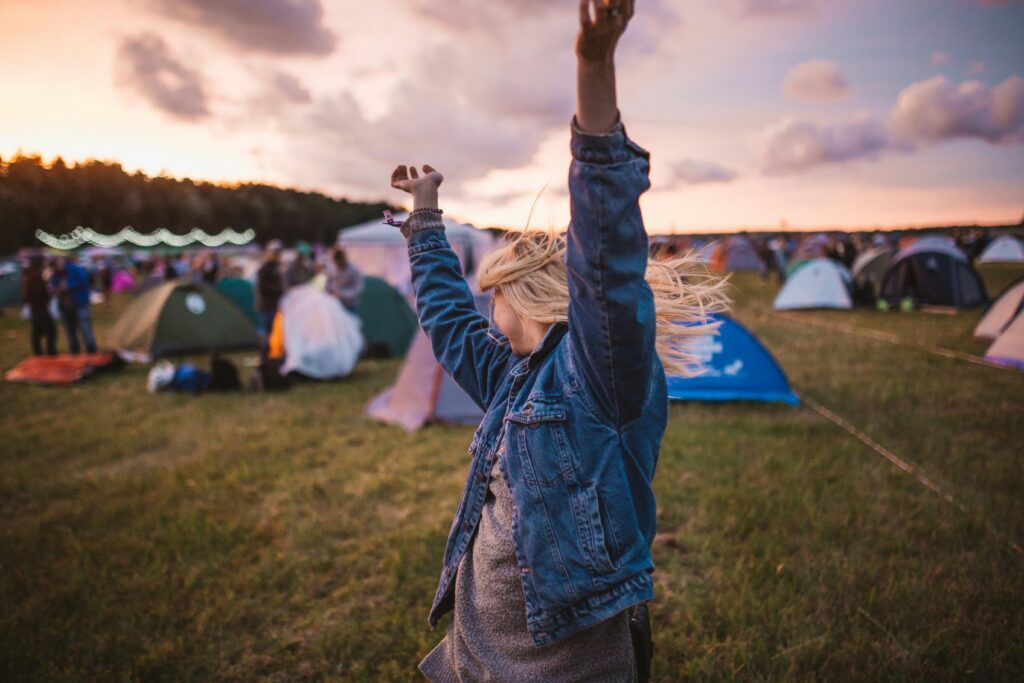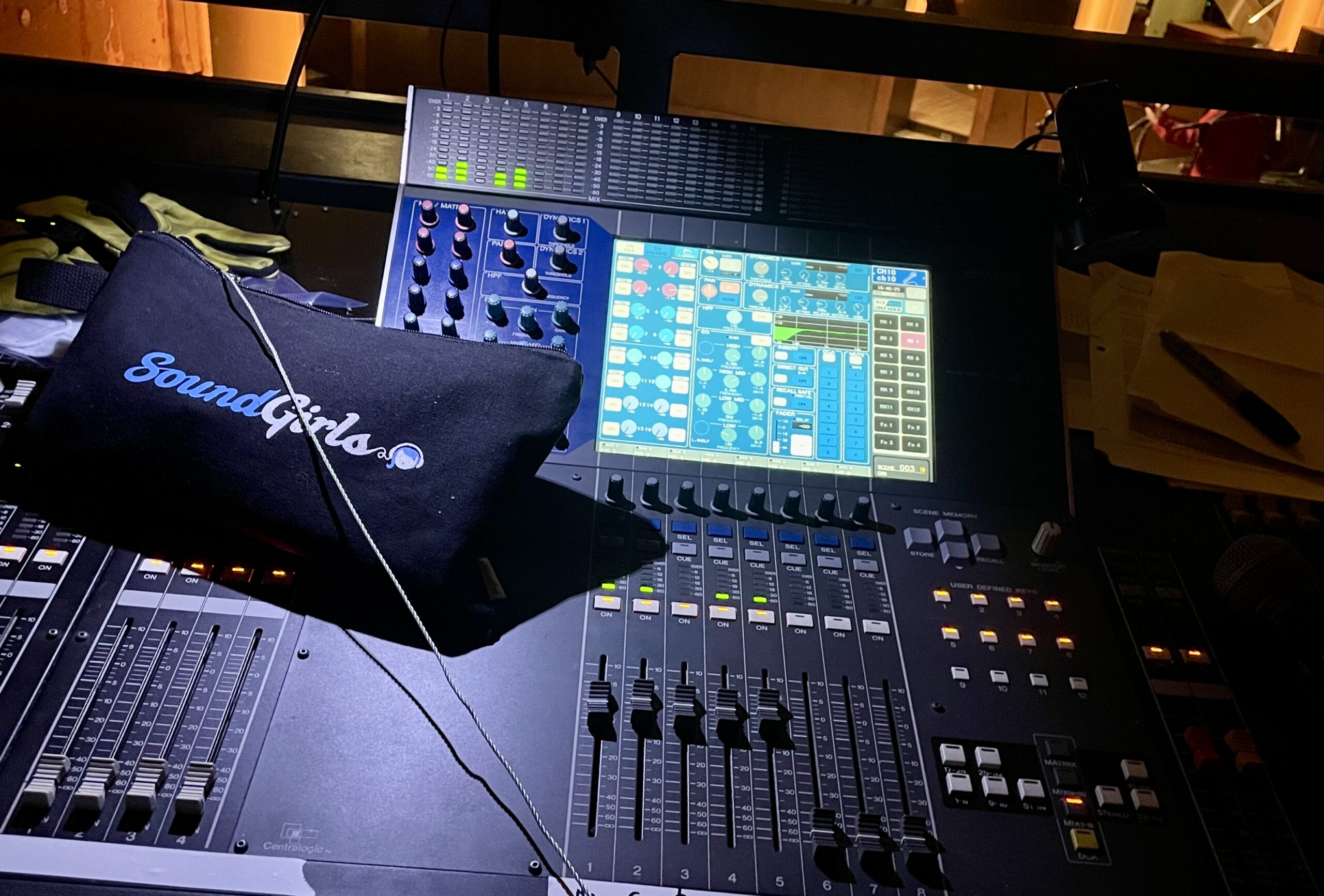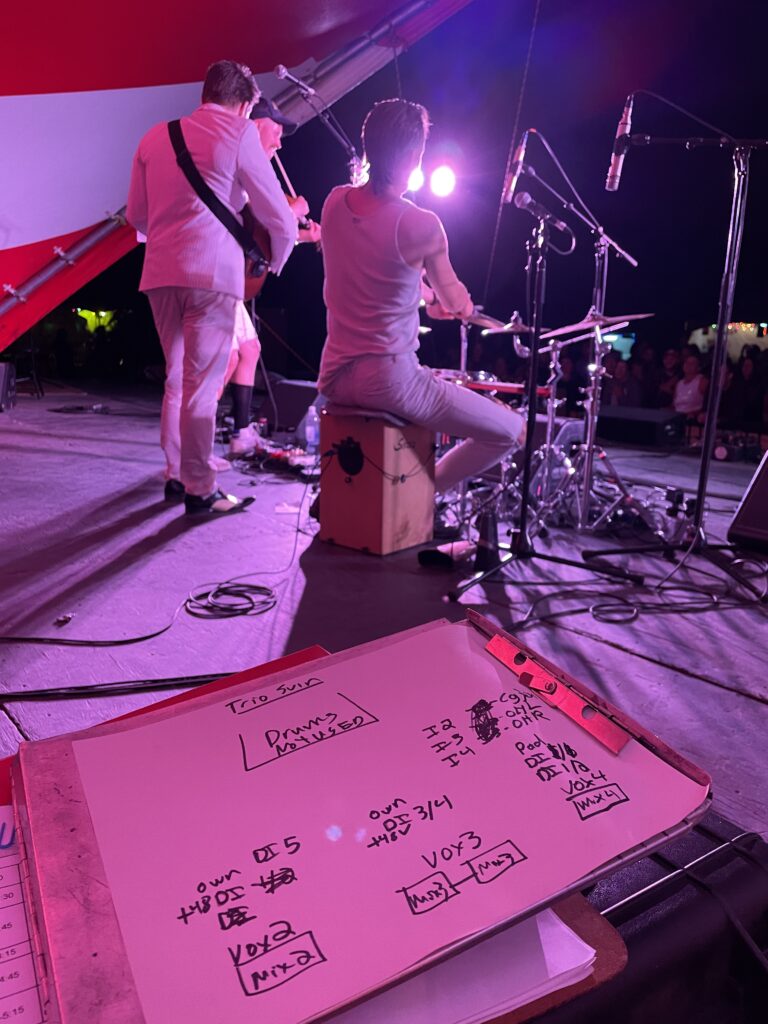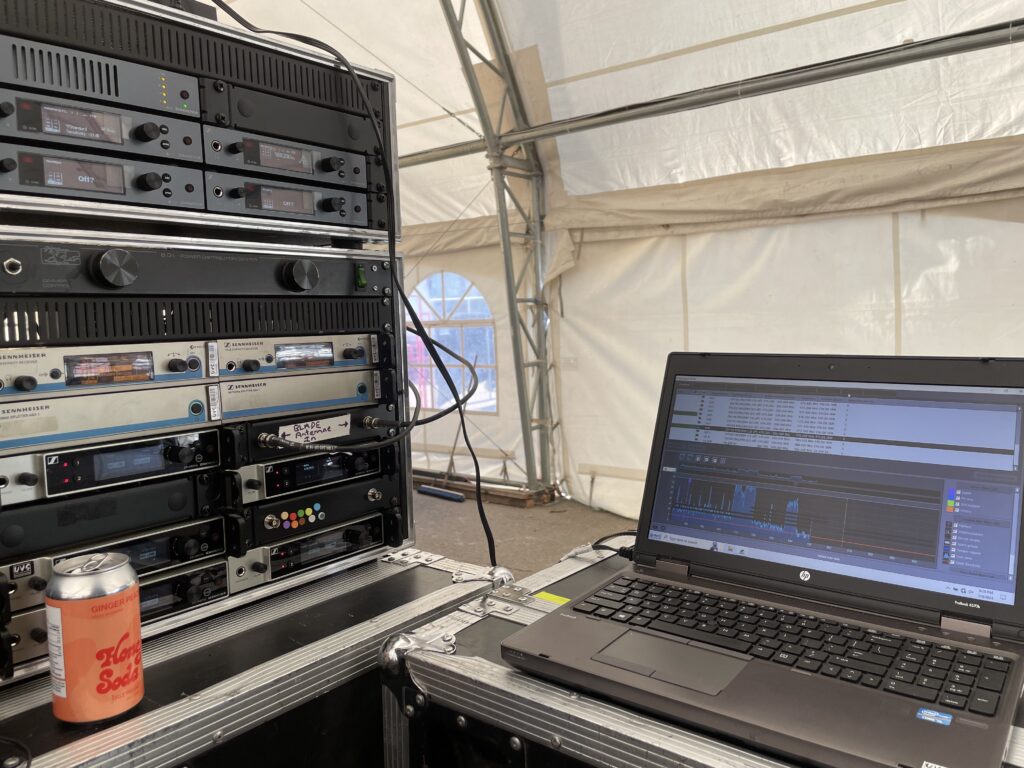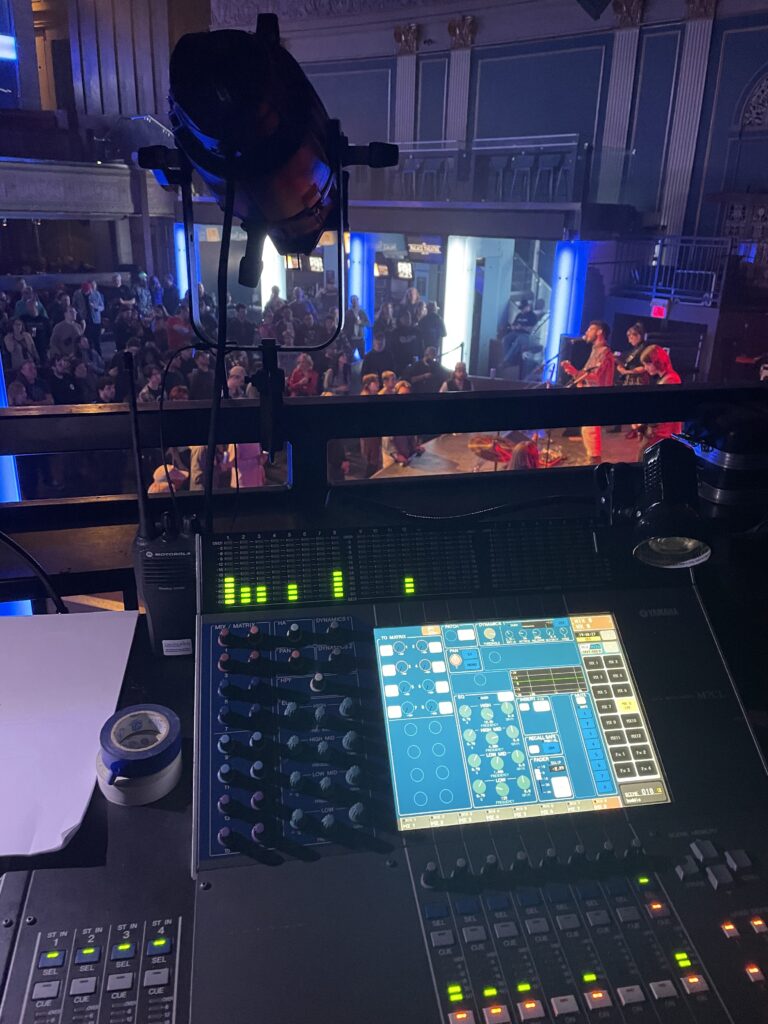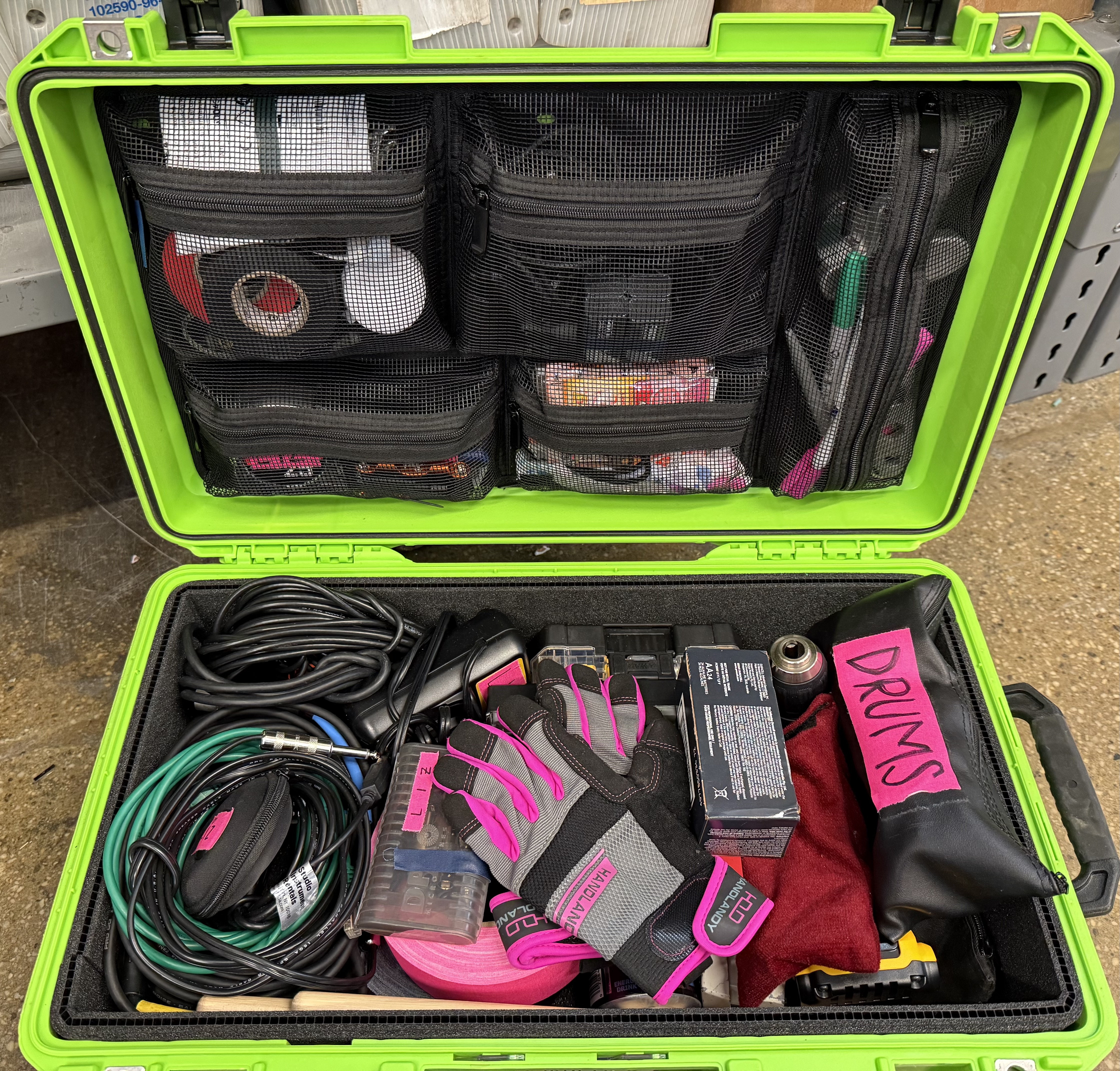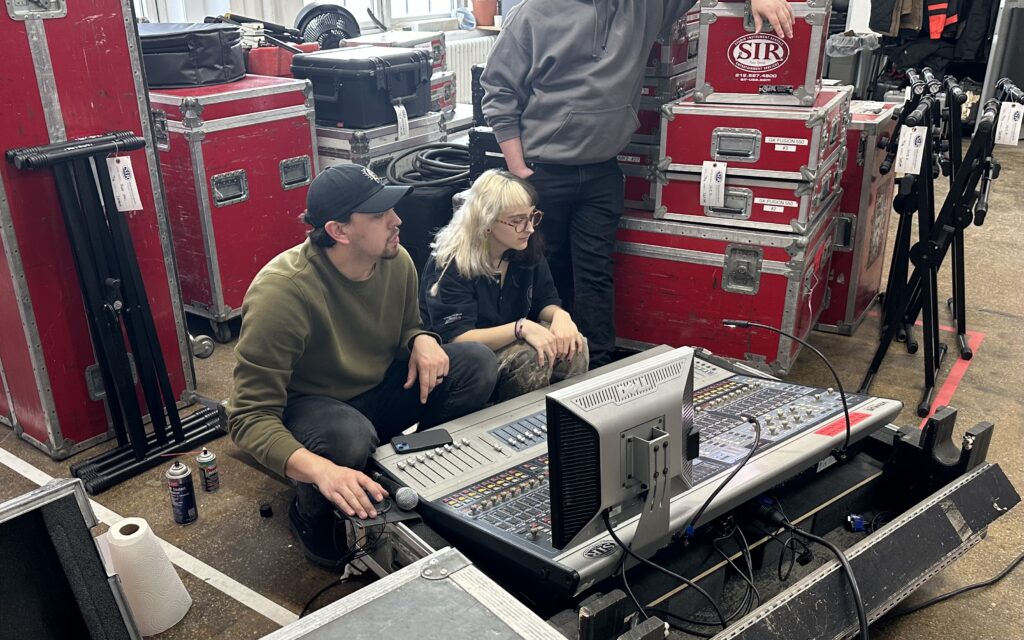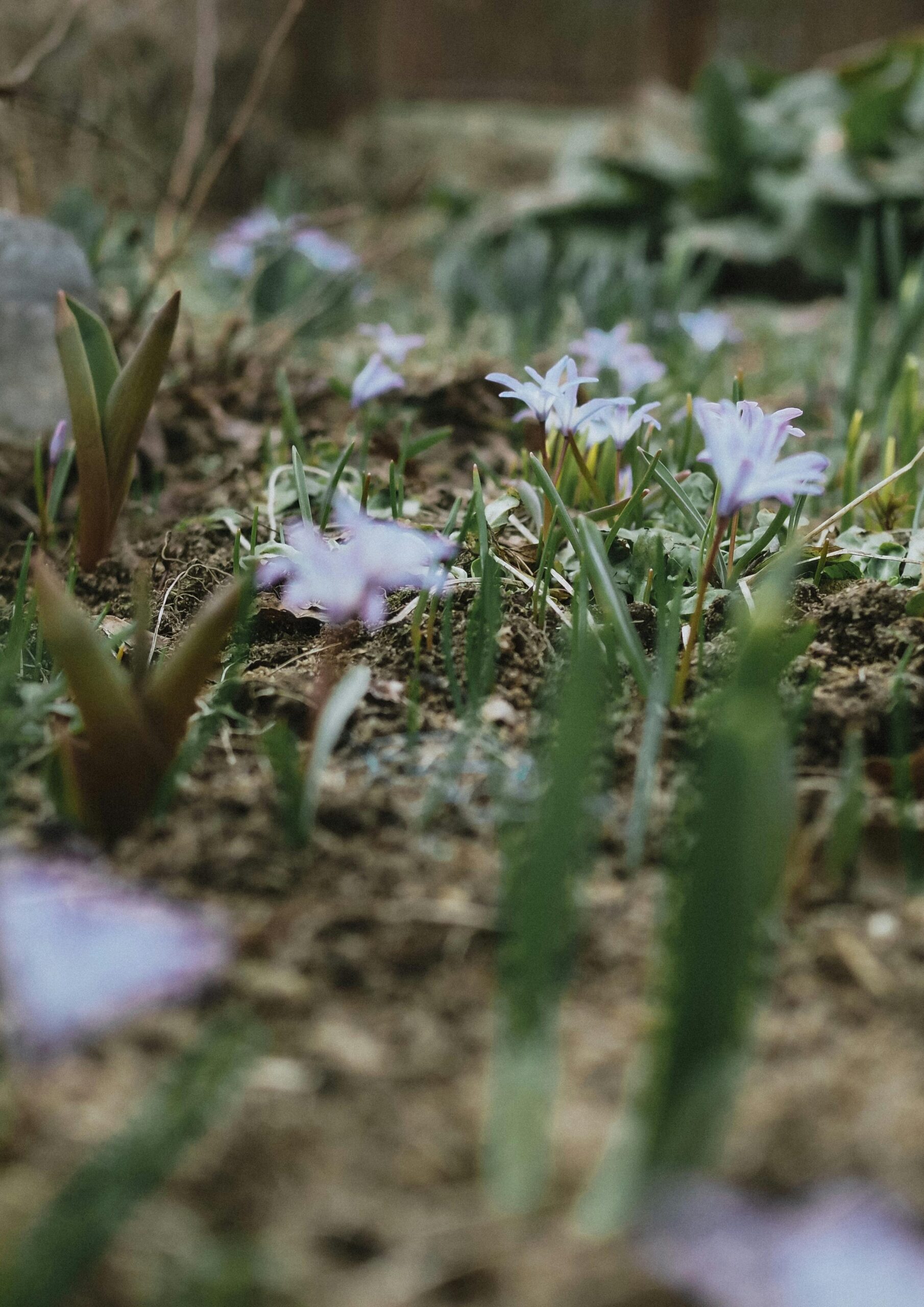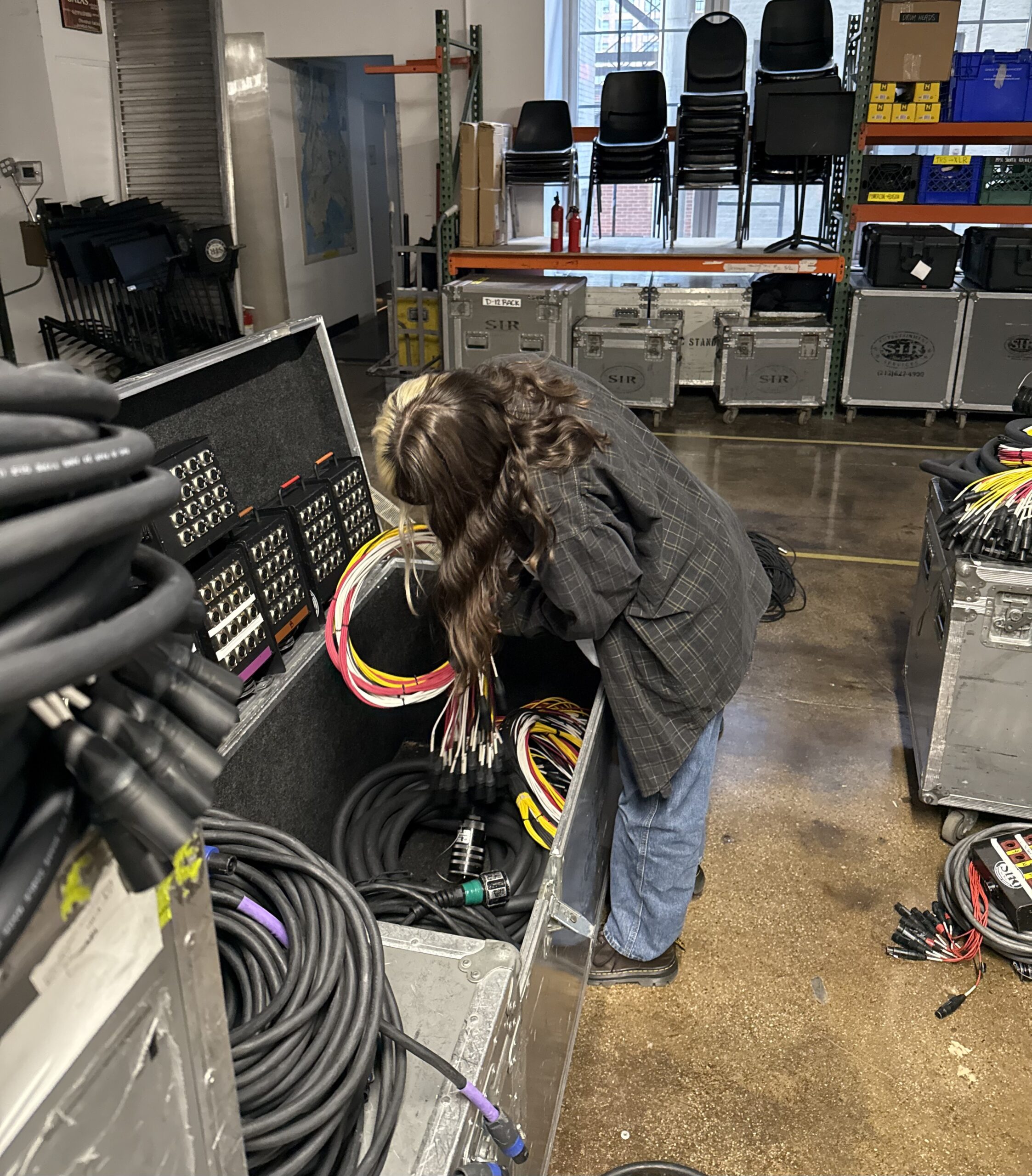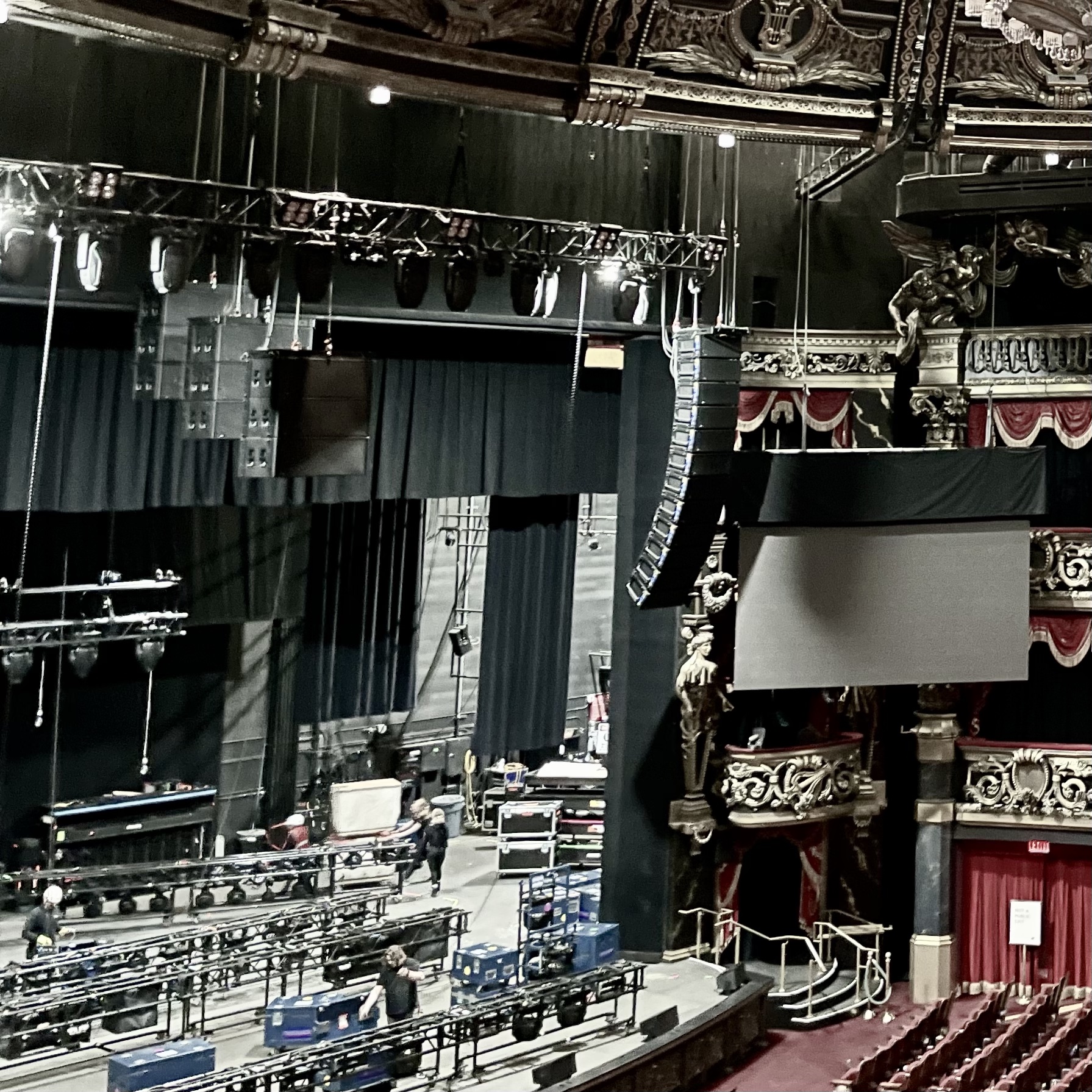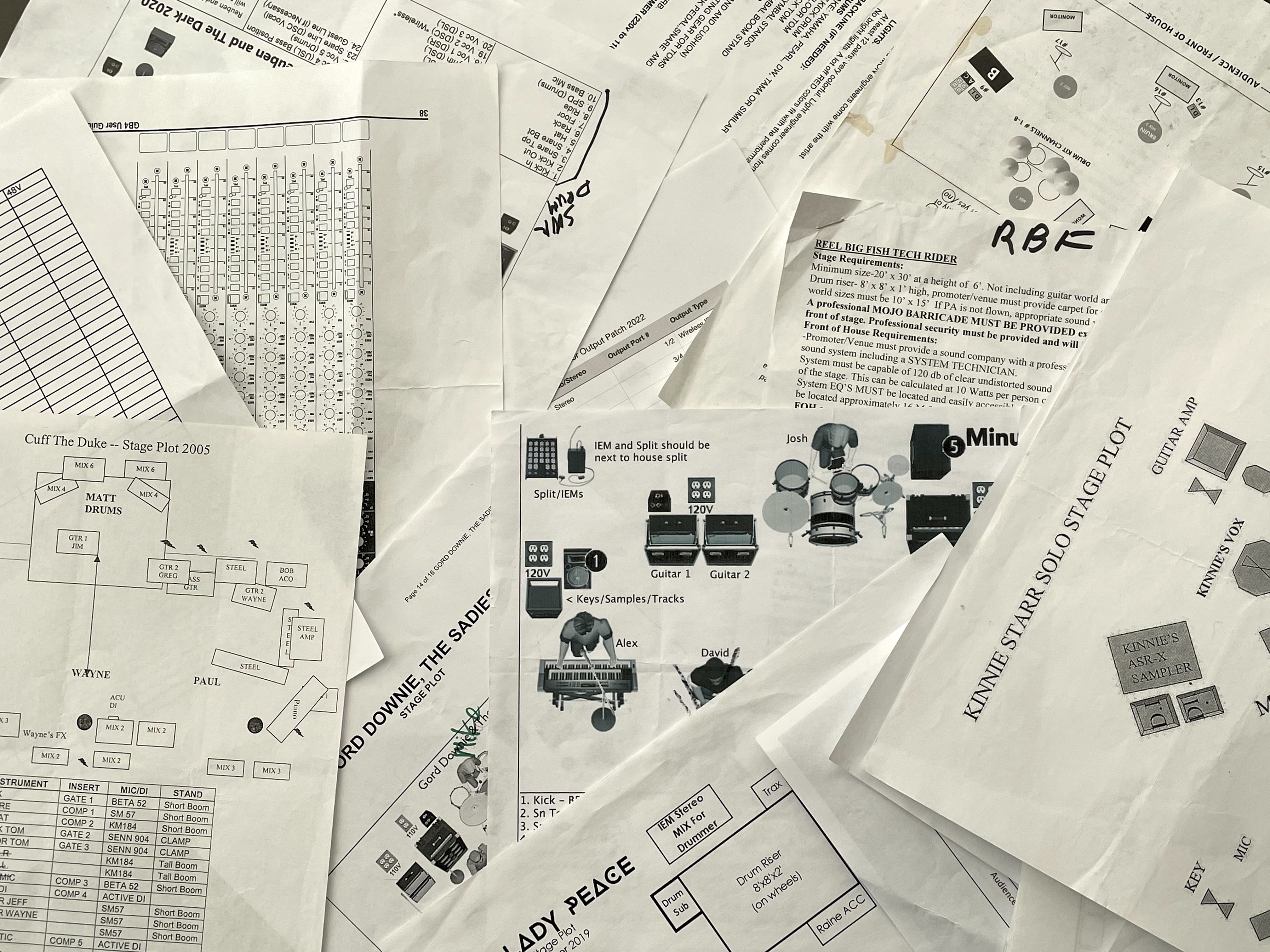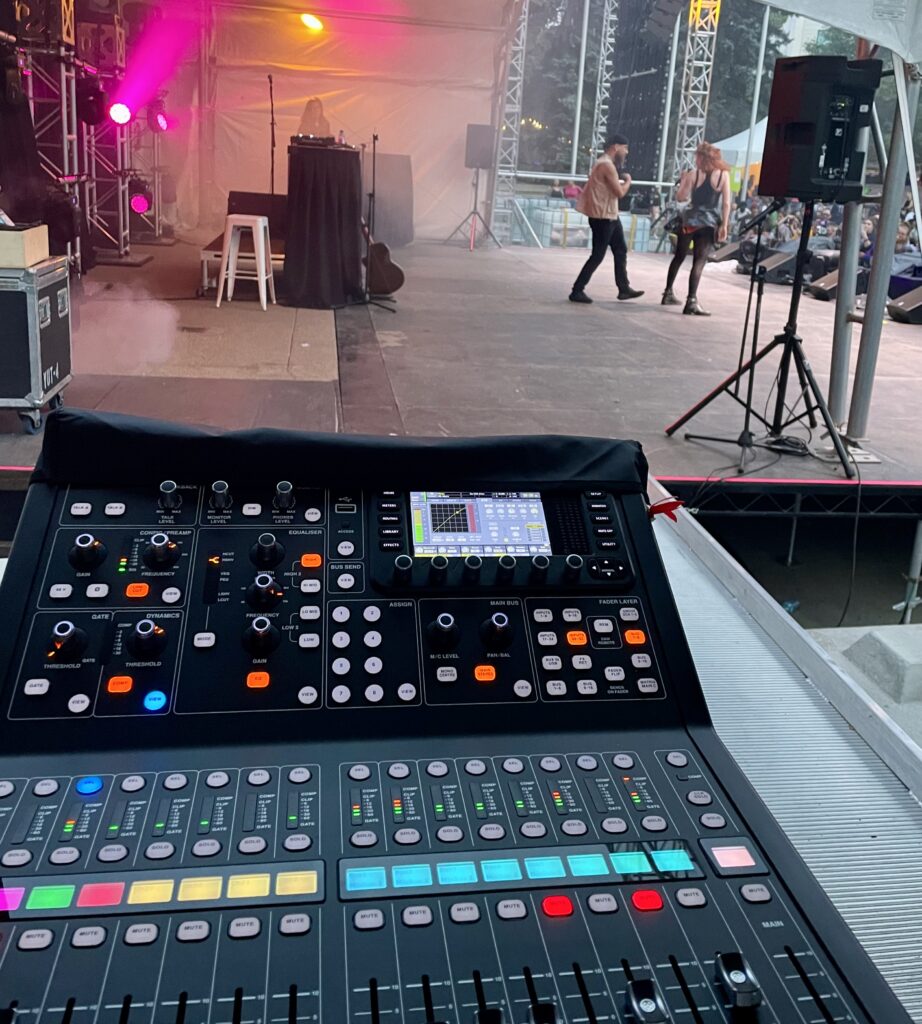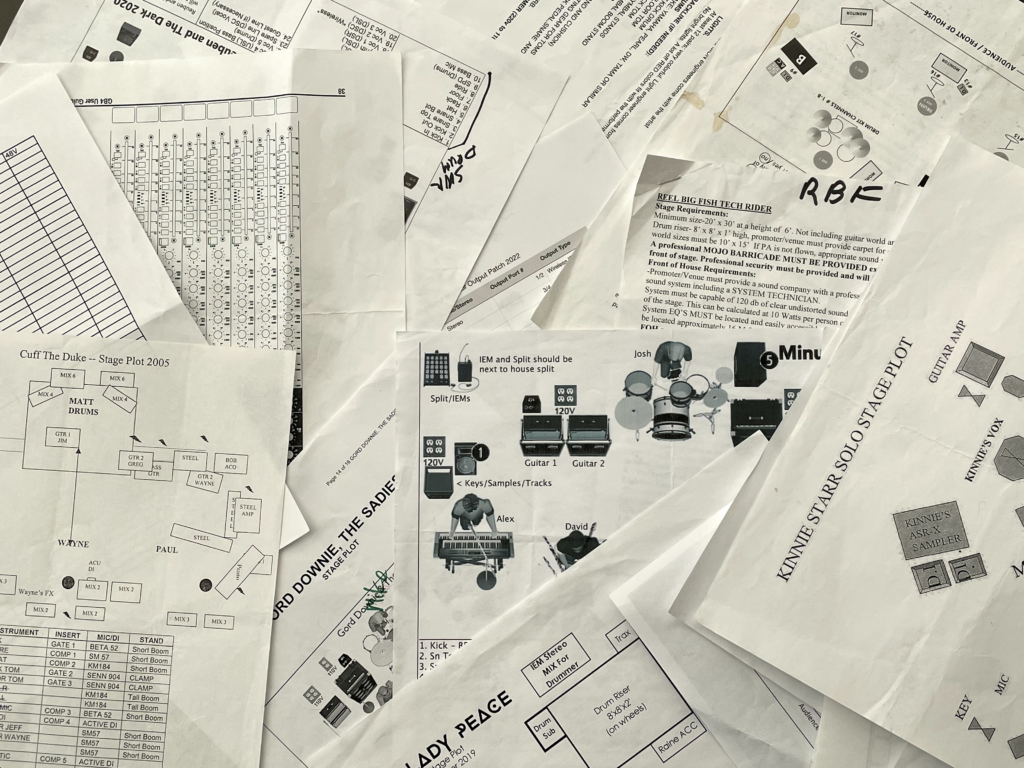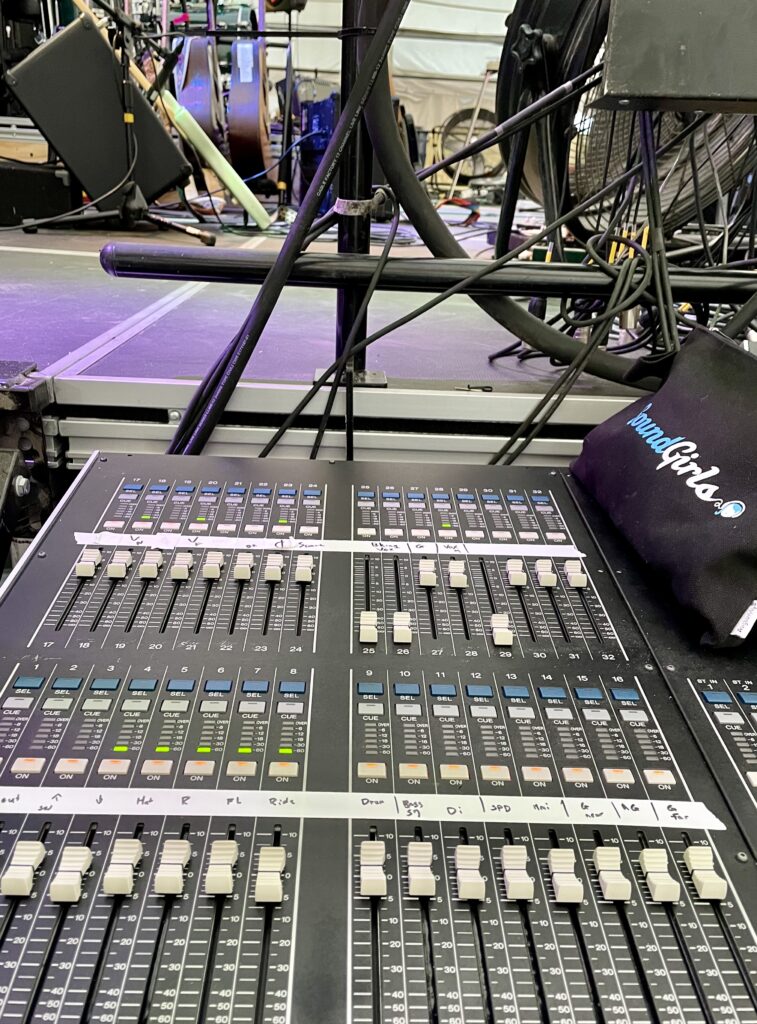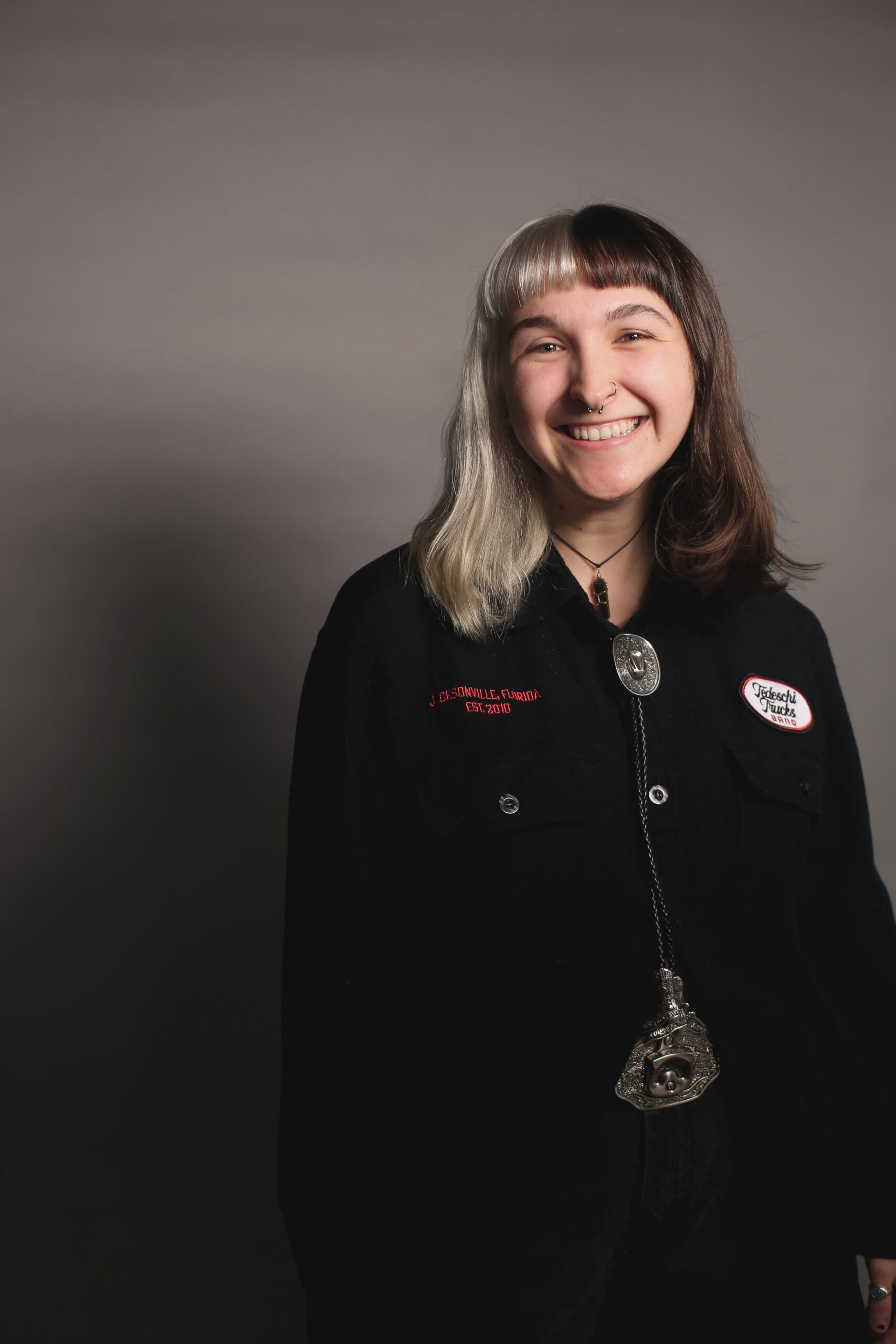At this moment, many of us find ourselves living in states of uncertainty about the future of our industry, insecurity regarding our personal rights and safety, and concern about the conditions we live, recreate, travel, and work in. As these stressors have impacted us in familiar and unfamiliar ways, we may also find ourselves lonely, needing help, seeking protection, hoping to distract ourselves, or in dire need of support. We may feel burnt out, overwhelmed, or hopeless. We may find ourselves instinctively seeking out mutual aid, community, or affinity groups. We may also find ourselves wanting to give — to make an impact, defend those being attacked, encourage others, or be of service. We may feel pulled in multiple directions while struggling to satisfy our personal self-care needs.
If you feel any of these things right now, you’re not alone.
All of these impulses lead us to questions about changing our level of availability within, commitment to, and engagement with the world around us. Let’s not shy away from that. Instead, let’s think about how to approach community involvement better than we have in the past; if it’s more important now than ever, we should treat it that way. This blog is about a spectrum of community-centric skills we can use to effectively give and receive in the spaces we have available to us — whether those spaces manifest as local gatherings or wide-reaching online discourse.
We need to start somewhere, so let’s start with relationships. Nothing that I write below will work particularly well if you’re not ready to open yourself up to new people. Forging new relationships is difficult, but when the world changes, we need to change too. The other side of that openness to new relationships is adapting our personal roles based on what others bring to the table. Get comfortable with both of those ideas, especially if your instinct right now is to hunker down. I invite you to do the opposite — stretch out, take up more real estate, and connect. It’s scary, but you’ll feel better once you make the active decision to let yourself into the light rather than hiding from it.
So: how do we create a situation for ourselves in which we feel like we belong in a space and can thrive there, even when it feels like our world is falling apart?
The first step is taking a down-to-earth look at what your skills, talents, personality strengths, and proximity to resources are like. Taking stock will reveal a wealth of information about how you can naturally contribute to the types of causes or spaces that you resonate with. I encourage you to get away from the computer for a bit, grab a pen and paper, and brainstorm about the type of projects that you:
- would be excited to see others create
- recognize would help you improve certain skills
- have always wanted to be a part of, but never took the leap for
- feel are needed, but no one seems to be addressing
- could use as practice to benefit long-term goals
- find to be mentally stimulating
- believe in the most.
No matter where you come from, you have a role that is useful to the causes you care about. Maybe you’re not particularly skilled in XYZ, but you can do ABC passionately and effectively — and perhaps you’ll want to find a space where you can be mentored on XYZ. Your unique set of practiced and not-so-practiced skills is useful. Take ownership over that.
Now, here’s the thing: we can’t personally champion every single cause we care about. So when you do this, narrow it down to one, two, or three things. Maybe it’s trans rights. Maybe it’s creating educational material for underprivileged groups and fighting for climate justice. Maybe it’s addressing sexual harassment in the touring industry. Whatever the combination of things that you want to fight for, don’t hesitate to accept that the seed is there.
It might take a couple of days; sleep on it. Narrowing down what you value right now may take more than one sitting and maybe a talk or two with a trusted friend. But once you feel good about what you possess the energy to work on right now, great — we’ve got a seed to work with.
Second, let’s talk about different types of communities.
No group, cause, or non-profit can satisfy all of the things we as human beings need in our village to thrive. We need an array of different types of people, places, and resources in the same way a child needs variety in diet, caretakers, and social skills to grow up well-rounded and strong. We may need more of one thing than another based on our personality, too.
Let’s explore for a second what types of audio communities exist, no matter where we are in our careers:
- spaces that make us feel understood in our struggles and facilitate mutual advocation
- spaces that provide us with people similar in career path to ourselves, in which we exchange our work culture, knowledge, and perspectives
- spaces that provide us with access to inter-generational wisdom by way of age diversity
- spaces that feel like a reach for us in terms of technical knowledge that we learn from being an observer or learner in
- spaces where we are in positions of teaching, training, and/or mentorship
- spaces that support us emotionally while understanding the context of our industry and its uniqueness.
While these might take different levels of importance depending on where we’re at, I believe that these categories — or any additional ones that came to mind as you went down the list — provide the balance of nourishment necessary for the seeds we individually bring to the garden.
But what if you can’t find fertile soil to begin with? What if you search and can’t find the space to germinate? Where do you turn to?
There are many lists of resources that exist to help you find those spaces, and I have accumulated some of those below for your exploration. But I think there’s a different issue here, and it starts with the general approach to searching. If you are struggling to find a place where you feel like you belong, sit with it in honesty and think about these things:
- how have I shown up for communities I’ve considered myself to be a part of in the past? did I show up authentically? did I set myself up to both give and receive?
- did my dissatisfaction or discomfort with past social groups or scenarios lead me here? what made me uncomfortable in the past, and am I simply trying to protect myself from that discomfort again?
- does the space I’m looking for maybe…not exist yet? am I actually the one who needs to create the first garden patch here?
- who do I admire or look up to, and can I consult with them?
- have I already heard of preexisting resources that I scrolled past or ignored, but could potentially revisit?
Looking for a space that’s right for you may take you down unexpected paths. Sometimes, those paths can be triggering, reintroduce you to people you found challenging to be around, or remind you of ways you’ve acted in the past that you weren’t proud of. All of this is a part of growing and getting to a place where we can show up.
Third, once we do find a space we feel good about showing up to, how do we navigate it from sunrise to sunset and through the night, too?
A common issue I see is that members of communities — myself included — don’t always take the time to understand the identities, perspectives, and context of the leaders of the organization. What is the structure? What are the limitations of the folks in charge, including time and money? What are fair expectations for their investment, and what are not? How are they nourished to optimize the sustainability of their efforts while nourishing everyone else? For example, if you find yourself getting critical that there aren’t enough events or training happening, or perhaps that the events don’t cover topics you think are important, then introduce solutions and assess what you need to make them happen. What you are looking to have in a community is likely something that is shared by others, so if you create something that you see a need for, others will probably recognize their own need for it, too.
Or, let yourself take the follower position — which is no less important than the leader(s)! — and support a project that you believe in without being at the forefront of the discussion.
Especially if you’re in the early part of your career like myself, you may find yourself wanting to be a part of projects that would involve you doing unpaid volunteer work that makes the world better. There’s a difference between that and what we typically think about as unpaid labor. I invite you to consider breaking out of an understanding of your effort based on capitalism and instead think about opening doors, preventing gatekeeping, and being in service. Think of the intangible things that we can exchange that have nothing to do with money. If something is nourishing your soul and keeping you afloat, what does it matter if you aren’t making money off of it? I invite you to approach any volunteer work you find yourself doing as a combination of love and effort that gives back to you in a different form of currency. If you can’t see it in a positive way, instead of as unpaid labor, you shouldn’t be volunteering your time or energy. Once you start to grow jaded about it, make room for someone else to take over.
Listen to how the operation functions, identify where the shortcomings are with an open mind that you might be the exact person to solve those problems, and gather your resources.
From there, maybe we can build a bigger garden slowly and carefully around one that already exists. Or maybe we need to plant our seeds next to someone else’s that are complementary to ours. Maybe we need to plant a few seeds that aren’t quite meant to make it before we get a good solid one sprouted.
Now that you’ve done some planning, asked some questions, and are working and making moves — no matter how small they are — let’s think about the fourth step.
Let’s say you’ve got a few organizations you’re a part of that you care about and are gradually finding your voice in. This is gonna sound harsh: you need to keep showing up. If you don’t show up, you’re not a participant — you’re just a member. You can’t benefit or contribute without showing up. Being associated with an organization and not participating means you’re not engaged. Showing up means you are acknowledging that joining that weekly Zoom call or being present at that yearly event is important to you and that you care. Sometimes you can’t, and that’s okay.
But sometimes, there are other factors besides work, family needs, meetings, or appointments that you’ll find preventing you from doing so. Let’s talk about it.
One thing I have struggled with in the past is showing up when I don’t feel 100%. Sometimes, you will only have the energy to show up 50%. Or even 25%. But hear me loud and clear: that’s when the magic happens. When you only have so much to give, when you need to delegate to accomplish something, or when you are clearly in need of support, that is when you feel the power of community. That is when you experience others’ gifts and learn to receive. That is when you experience how it feels to be on the other side of all the energy you put forward in your work. Through the various trials that individuals in a community are going through, we discover that we are all both leaders and followers in our own ways; it’s just that sometimes we find ourselves talking, and other times we need to be listening. When we go through extensive periods where we can’t seem to show up how we want to, we learn about what other people might need when they are struggling.
This is all a discovery process, and showing up regardless of how much your self-doubt or imposter syndrome insists you stay home is an important pattern to establish for your involvement now and in the future.
Showing up also includes reading, appreciating, listening to, or amplifying other people’s work. It means engaging not just by being present but knowing your interest and enthusiasm for what others around you are working on has a positive impact on them.
So…invest in others as you keep showing up!
Let’s review:
- acknowledge that something is needed and that you have skills that are important to that happening — which is exciting! (you have a seed)
- search for spaces that resonate, which may mean processing some discomfort or past experiences first (which is necessary for a healthy, safe spot of even ground to start)
- make moves thoughtfully and graciously to make a sustainable presence for yourself in this new space (strategize your seed sowing)
- keep showing up (monitoring for pests, watering, and adding nutrients) as time goes on even if you need to ask for help to do so
This isn’t the end of our little sprout’s story, of course, and there could another point that says: know when the season has ended.
Sometimes, our relationships with certain communities do need to end or be reduced in scope. That doesn’t necessarily mean that something dramatic or upsetting happened, but simply that it’s time to move on. Everything has a cycle, just like at our gigs: we all start somewhere and work our way up. As we move on, it is inevitable to leave certain things behind. While those situations can be saddening, that shift makes space for others to progress and form new relationships, too.
Keep on progressing as you explore what spaces are healthy for you and which ones aren’t, and trust your instinct about whether you need to pause first, process first, or get straight to work.
Rest assured that there are people all around you who feel the way you do and that we will most effectively survive this (waves into the air) together by making our voices heard and acknowledging our changing needs.
Below are some places to explore on your journey. Because of my background, many of these fall under the categories of live sound and/or theatre sound.
______________________________________
Communities, Organizations & Associations:
AES — https://aes2.org/
Association of Sound Designers in Production (UK) — https://www.associationofsounddesigners.com/
Audio Nerd Book Club — https://audionerdbookclub.org/
Black Theatre Network — https://www.blacktheatrenetwork.org/
OISTAT (Organization of International Scenographers, Theatre Architects, and Technicians) — https://oistat.org/
Themed Entertainment Association — https://www.teaconnect.org/
The Parity Database (NYC) — https://theparitydatabase.org/
TSDCA (Theatrical Sound Designers and Composers Association) — https://tsdca.org/
USITT (United States Institute of Theatre Technology) — https://www.usitt.org/
Wingspace NYC — https://wingspace.com/
Women’s Audio Mission — https://womensaudiomission.org/
Some Events and Networking Opportunities to Explore:
InfoComm — https://www.infocommshow.org/
Live Design International (LDI) Show — https://www.ldishow.com/
Prague Quadrennial (PQ) — https://pq.cz/
Sound Kitchen — http://www.sound-kitchen.net/
Organizations that can support you if you’re struggling right now:
Behind the Scenes Help — https://wp.behindthescenescharity.org/
Nami — https://www.nami.org/
Open Path Therapy — https://openpathcollective.org/
Therapy for Black Girls — https://therapyforblackgirls.com/
Trans Life Line — https://translifeline.org/
Trevor Project — https://www.thetrevorproject.org/
Production on Deck’s List of Databases — https://www.productionondeck.com/databases
^ This page is a treasure trove of resources with something for everyone, primarily consisting of contact directories for theatre artists.


